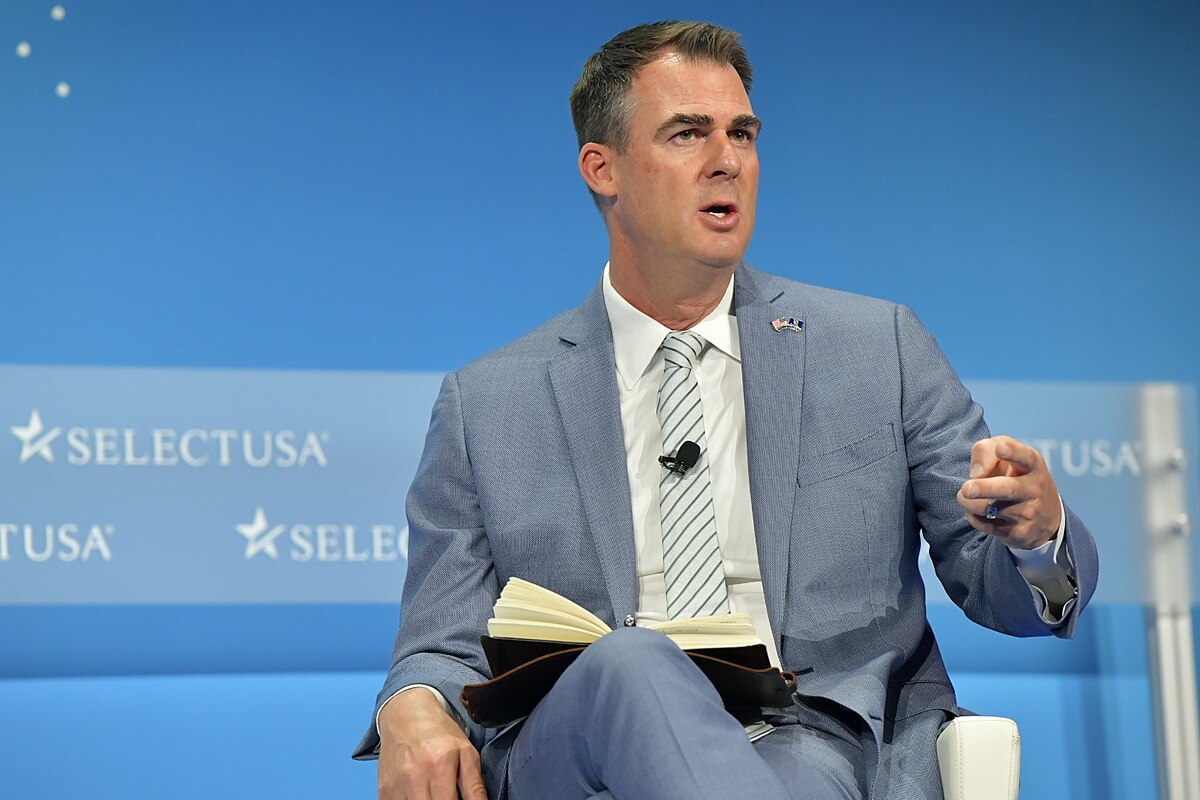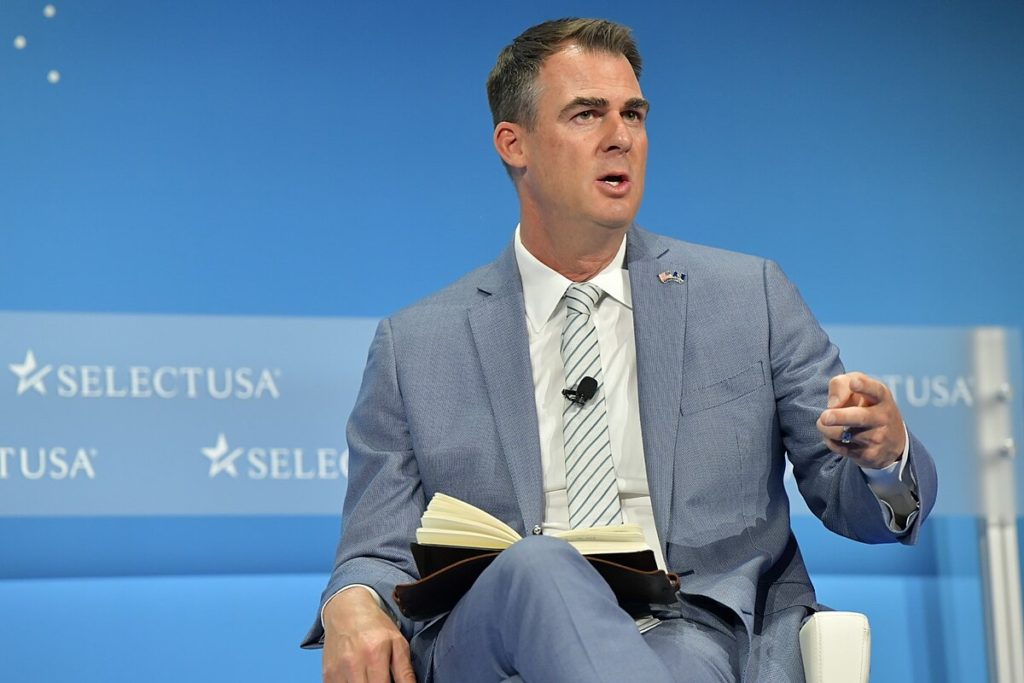Originally Authored at TheFederalist.com

The Oklahoma Senate passed legislation Wednesday prohibiting the use of ranked-choice voting (RCV) in elections. But Republican Gov. Kevin Stitt is remaining mum on whether he’ll sign the bill.
HB 3156 stipulates that “[n]o election conducted by the State Election Board, a county election board, or any municipality authorized to conduct elections in Oklahoma shall use ranked choice voting, ranked voting, proportional ranked voting, preferential voting, or instant runoff voting.” The measure passed along party lines, with 37 Republicans supporting and the chamber’s eight Democrats opposing. Three GOP senators did not vote on the bill.
Under RCV, voters rank candidates in order of preference. If no candidate receives more than 50 percent of first-choice votes in the first round of voting, the last-place finisher is eliminated, and his votes are reallocated to the voter’s second-choice candidate. This process continues until one candidate receives a majority of votes.
HB 3156 would additionally nullify any “existing or future” ordinance approved by a local government authorizing the use of ranked-choice voting. Elections conducted using the system would also be moot.
Should a locality violate that provision, the secretary of the Oklahoma Election Board would have the authority to “bring a civil action in an appropriate court for such declaratory or injunctive relief as is necessary” to enforce the law. Oklahoma’s Senate president pro tempore and House speaker may also do so “jointly.”
With the Oklahoma House having already passed HB 3156 last month, the measure now heads to Stitt’s desk for signature. The governor’s office did not respond to The Federalist’s request for comment on whether Stitt intends to sign the bill into law.
Various U.S. municipalities that have adopted RCV have experienced chaotic and even inaccurate election outcomes. In an Oakland school board race, for instance, “election officials announced — two months after the fact — that they got the count wrong,” resulting in the “rightful winner … suing for his seat.” Meanwhile, a Utah town that used an RCV pilot program for its 2021 municipal elections experienced high rates of ballots being discarded or spoiled.
A study published by the Foundation for Government Accountability last year found that RCV ballots are often discarded due to “ballot exhaustion,” a term used to describe when voters select only one candidate on their ballot, and those ballots are tossed because their first choice didn’t win a majority in the first round. In Alaska’s 2022 special congressional election, for example, more than 11,000 “exhausted” ballots were thrown out because those electors “voted for only one Republican candidate and no one else.”
RCV has also been shown to produce election results that appear to contradict the desires of voters. Democrat Mary Peltola won the aforementioned 2022 Alaska special congressional race even though “nearly 60 percent of voters [cast] their ballots for a Republican.” A similar scenario played out in a 2018 Maine congressional race, in which then-incumbent GOP Rep. Bruce Poliquin lost to Democrat Jared Golden despite Poliquin winning the most votes in the first round of voting.
Election Transparency Initiative Chair Ken Cuccinelli issued a statement applauding the Oklahoma Senate’s passage of HB 3156 and urging Stitt to sign the bill into law “to help avert an epidemic of disenfranchised voters whose ballots no longer are counted fairly and equally.”
“Now more than ever we need to protect the right to vote in free and fair elections voters can trust, but the Ranked-Choice Voting scheme does precisely the opposite,” Cuccinelli said. “It is an Election Integrity wrecking ball, is never workable and should always be prohibited.”
States that have prohibited RCV in their elections include Florida, Idaho, Tennessee, Montana, South Dakota, and Kentucky.
Shawn Fleetwood is a staff writer for The Federalist and a graduate of the University of Mary Washington. He previously served as a state content writer for Convention of States Action and his work has been featured in numerous outlets, including RealClearPolitics, RealClearHealth, and Conservative Review. Follow him on Twitter @ShawnFleetwood
